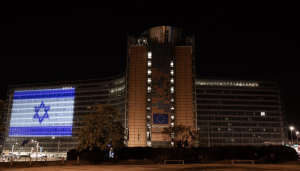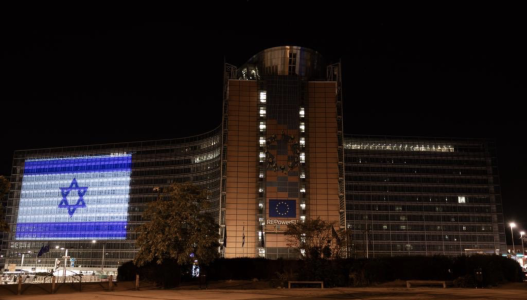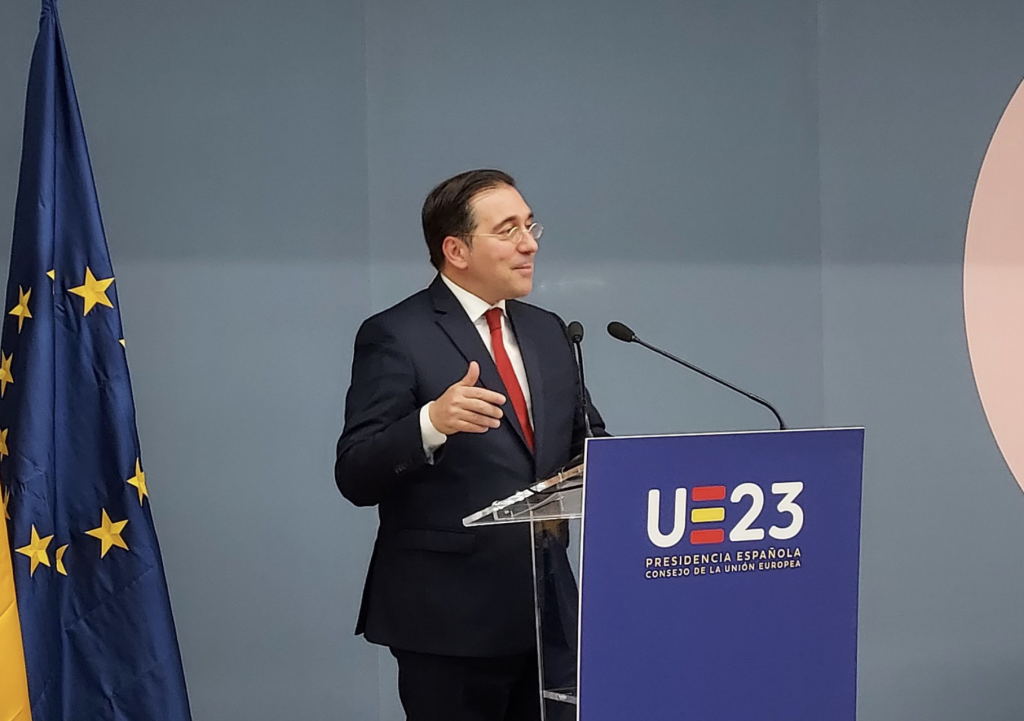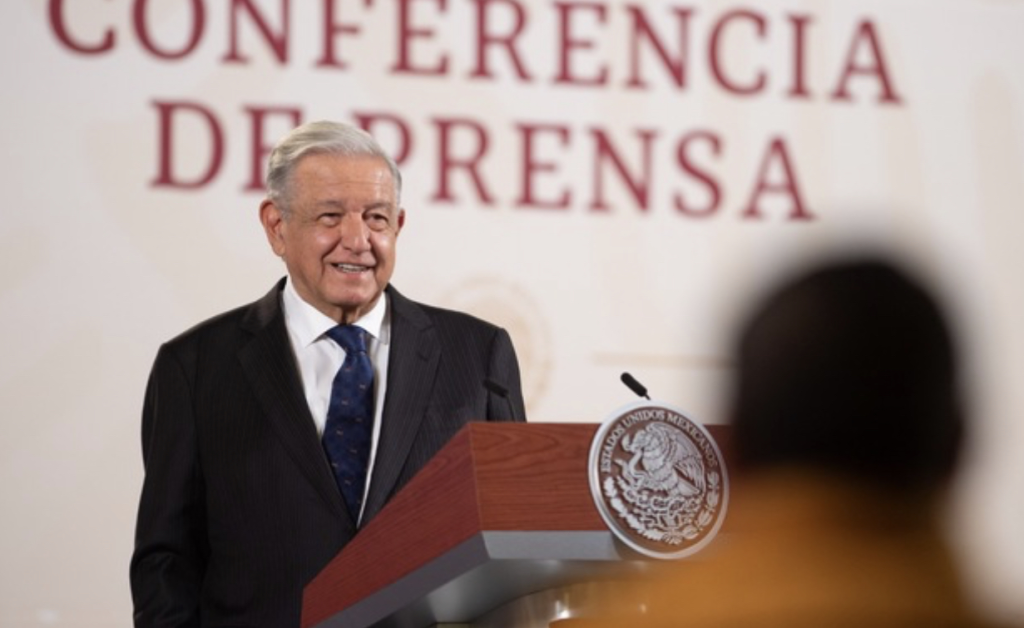THE EUROPEAN COMMISSION SUSPENDS PAYMENTS TO PALESTINE, A MEASURE THAT IS ALREADY OPPOSED BY THREE EU COUNTRIES

European Neighborhood Commissioner Oliver Varhelyi announced in a message on the social network X that he was “immediately suspending all payments” to Palestine as a result of the Hamas attack on Israel on Saturday. But subsequently the Commissioner for Crisis Management, Janez Lenarčič, has contradicted him and assured that humanitarian support would continue.
“The scale of terror and brutality against Israel and its people is a turning point,” Varhelyi has argued. In his message he noted that “as the largest donor to the Palestinians, the European Commission is reviewing its entire development portfolio, totaling 691 million euros.”
In addition, he announced that all projects have been put up for review, including the new budget proposals. This announcement, of which neither the details nor the exact budget items involved are yet known, underlines the European Commission’s position over the last three days.
Three countries have already publicly opposed the decision taken by the European Commission: Luxembourg, Spain and Ireland. The latter has in fact formally asked Brussels whether it has the legal power to take such a decision.
The European Union is the largest provider of foreign aid to the Palestinians. In line with the objective of a negotiated two-state solution, the EU’s efforts are aimed at promoting greater Palestinian control, autonomy and accountability in preparation for future statehood. The EU also supports efforts to strengthen the transparency and accountability of the Palestinian Authority, with a view to enhancing its role and credibility.
This article was originally published in Aquí Europa. If you plan to use it, please cite that source.



